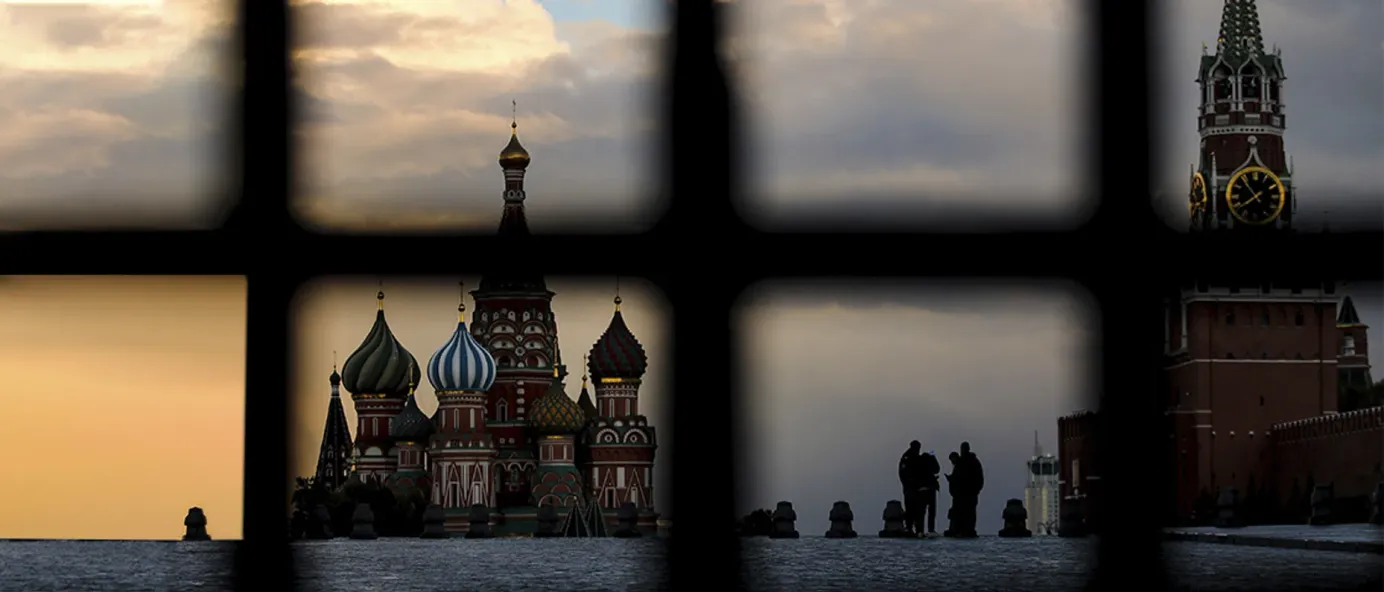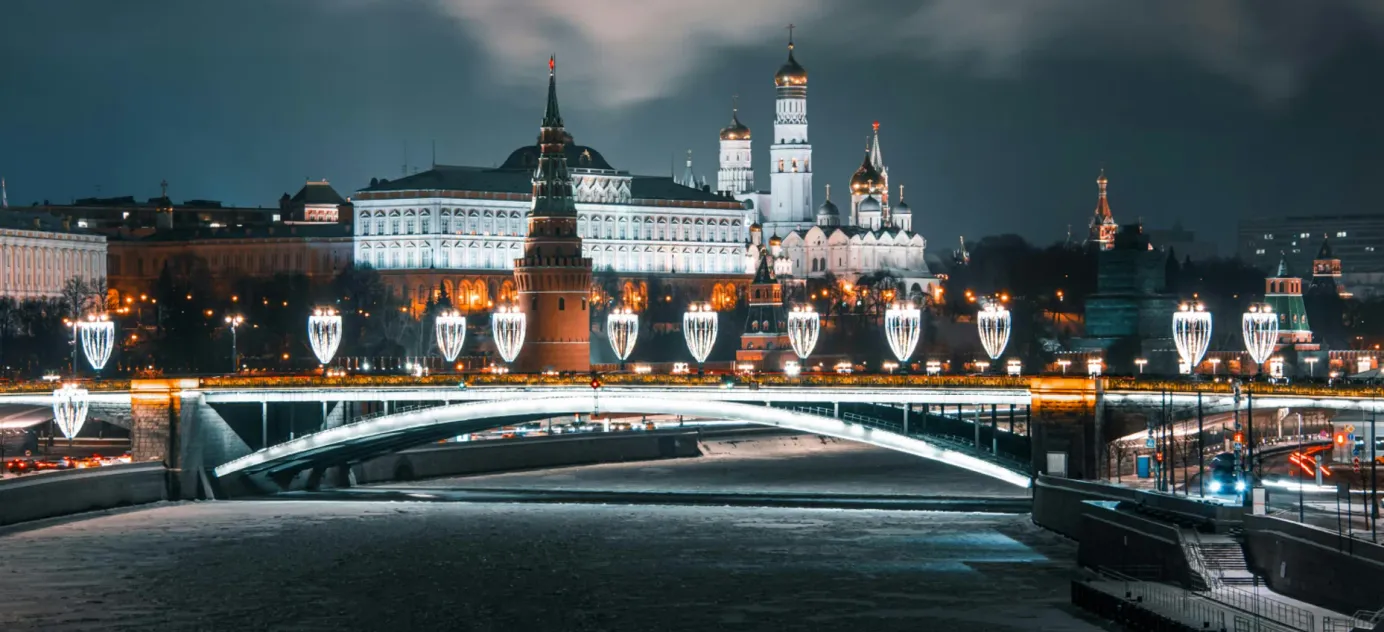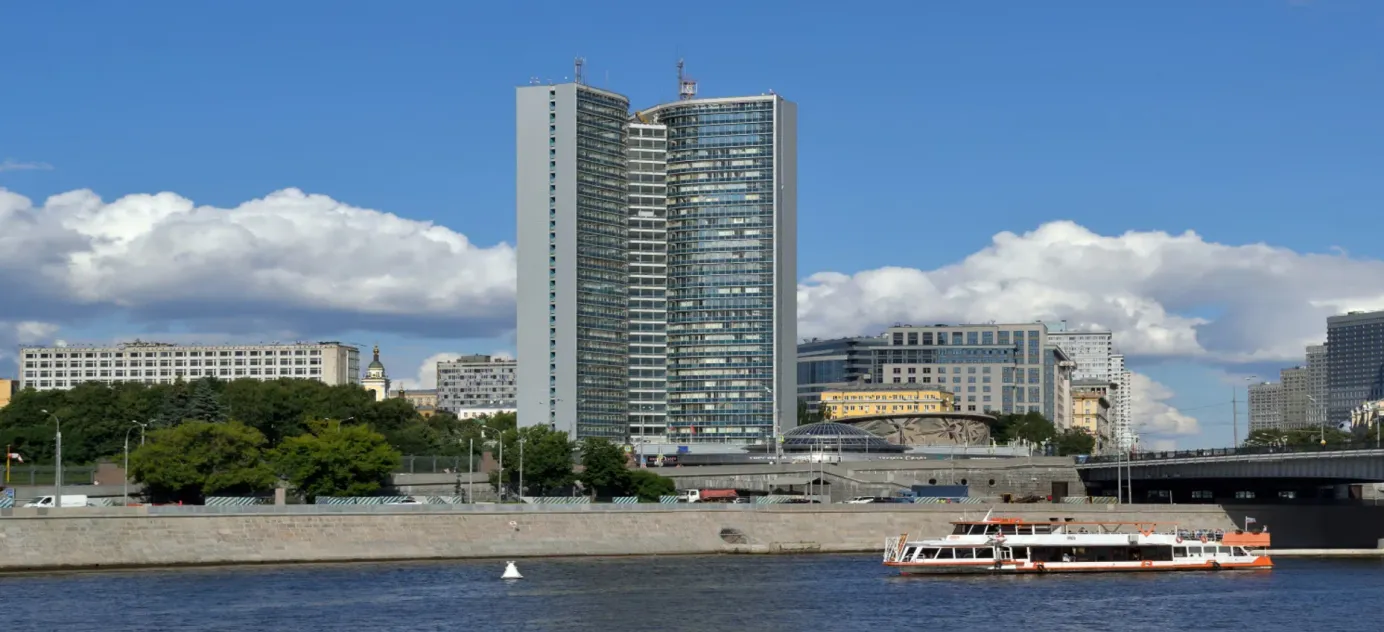
Kremlin-approved liberal candidate becomes opposition hero
Only one anti-war candidate is vying for the right to get on the ballot paper for the March 2024 presidential election — Boris Nadezhdin, a veteran of second-tier Russian politics who served as an aide to Kremlin insider Sergei Kiriyenko 25 years ago. Everybody understands that Nadezhdin is a Kremlin spoiler, who will only be permitted to run as a way to demonstrate how negligible support for the opposition is, as the Kremlin sees it. Nonetheless, the queues of people waiting to sign petitions in support of Nadezhdin made waves on social media over the weekend and he has attracted support from exiled political leaders including Mikhail Khodorkovsky and colleagues of Alexei Navalny.
- Boris Nadezhin has been the hottest topic in Russian political media over the last few days. A whole array of photos (1, 2, 3) showing long lines at his campaign offices in cities across Russia and beyond captivated the liberal media agenda, garnering enthusiastic commentary. “All over the world, huge lines formed at Boris Nadezhdin’s headquarters this weekend,” wrote Dozhd, for instance. The people were queuing to mark their names in support of Nadezhdin's presidential candidacy. To run for election, he has to secure at least 100,000 signatures from at least 40 of Russia's 89 regions (including the four Ukrainian territories Russia claims to have annexed) before a Jan. 31 deadline.
- Nadezhdin is the only candidate describing themselves as a “principled opponent of the president” and the sole voice calling for an end to the war in Ukraine. However, there is no doubt that his role is simply as a Kremlin spoiler — an approved candidate designed to sweep up a fraction of the genuine anti-Kremlin vote. In the previous election, blogger Ksenia Sobchak played the role, securing just 1.68%. By permitting a “liberal” candidate to garner a couple of percent, the Kremlin is able to dismiss the idea that there is any meaningful support for liberal politics in Russia.
- Nadezhdin is a veteran professional politician who has held various positions in liberal Russian political parties since the early 1990s. In 1998 he was an aide to Boris Nemtsov when he was deputy prime minister, and then to Prime Minister Sergei Kiriyenko, who now leads the Kremlin’s domestic political bloc inside the presidential administration. Between 1999-2003, Nadezhdin was a Duma deputy, representing Nemtsov's Union of Right Forces. Once Vladimir Putin started to consolidate his grip on power, Nadezhdin did not disappear into opposition obscurity like many. Instead, he became part of Kremlin-backed “liberal” spoiler parties such as “Right Cause” and “Party of Growth,” and featured as a liberal whipping boy in talkshows on state TV.
- Nadezhdin is once again representing a Kremlin-created party, Civil Initiative, in this year’s contest. In Dec. 2023, he cleared the first barrier to participation in the election when the Central Election Committee registered the party’s nomination committee. Thus, the Kremlin has allowed Nadezhdin to pass one hurdle and move onto the next — collecting signatures from supporters — giving him permission to start a genuine nationwide campaign.
- Despite the Kremlin's obvious control over its candidate, opposition figures including Mikhail Khodorkovsky and Ivan Zhdanov, head of Navalny’s Anti-Corruption Foundation, are urging their supporters to back Nadezhdin. They say that backing Nadezhdin is a legal way for Russian voters to voice their opposition to the war while remaining inside Russia.
Why the world should care
To participate or not to participate? That is the question currently facing liberal-minded Russians when it comes to the election. If the answer is to participate, then “how?” becomes the logical follow-up question. Alexei Navalny has been repeatedly criticized for his “smart voting” system that encourages supporters to vote for Kremlin-mandated opposition parties and candidates in protest at the government. However, with genuine opposition figures either in jail or exile, there isn't much other choice: Russia-based opposition supporters have to support any anti-war initiatives that exist in the country.





